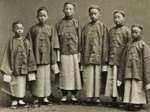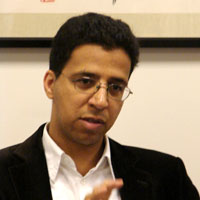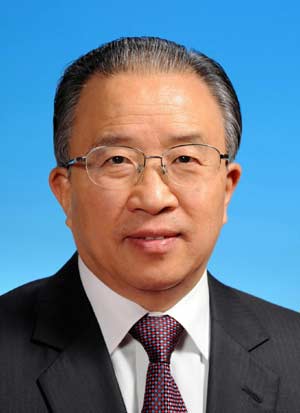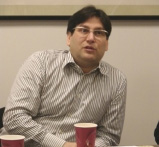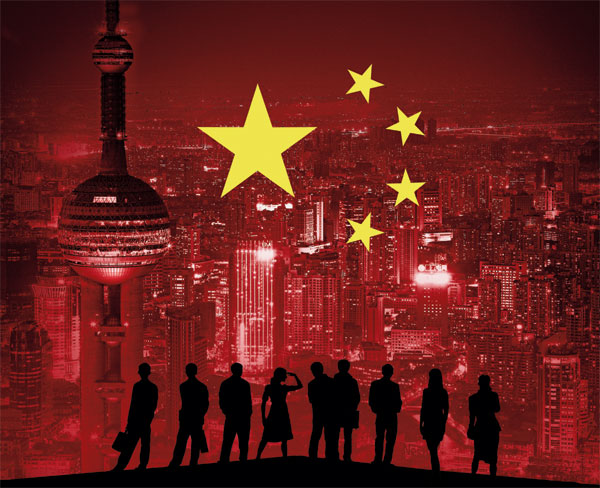Susan Shirk, professor of political science at the Graduate School of International Relations and Pacific Studies, University of California, San Diego, discussed how the Internet and media are changing Chinese politics and vice versa during a National Committee program on April 25. Video of the program can be found below.
Some 130,000 students from China now study a variety of fields in colleges and universities around the United States. What about the first Chinese students in this country? In a lecture and discussion at the Luce Foundation offices in New York, Edward Rhoads shared stories and research from his new book Stepping Forth into the World: The Chinese Educational Mission to the United States, 1872-81, which examines the individual and collective histories of the first 120 Chinese students in the United States.
Peter Hessler, described by the Wall Street Journal as “one of the Western world’s most thoughtful writers on modern China,” discussed his new book, Country Driving: A Journey Through China From Farm to Factory, on the morning of its hardcover release on February 9th, 2010. Interviewed by National Committee President Steve Orlins, Mr. Hessler brought […]
David Barboza, a New York Times correspondent based in Shanghai, shared his personal experiences and insights about China and the role the media plays in the relationship in an informal, off-the-record roundtable discussion hosted by the National Committee on October 22.
The National Committee joined the US-China Business Council as lead hosts for a dinner honoring PRC Vice Premier Wang Qishan and State Councilor Dai Bingguo in Washington, D.C. on July 28, 2009. In addition to Vice Premier Wang and State Councilor Dai, Secretary of State Hillary Rodham Clinton and Secretary of the Treasury Timothy Geithner […]
The ambassadors candidly reflect on the challenges, excitement, crises and achievements of their tenures, and share insights on the future of U.S.-China relations.
During the Beijing Olympics, the National Committee is emailing its members and friends a series of “postcards” from China. The cards, intended to provide local color to complement the extensive media coverage of the Games, come from friends of the Committee attending events, observing the proceedings in Beijing and beyond, and reflecting on what they […]
James Heimowitz, President & CEO, North Asia and Chairman, China of Hill & Knowlton Asia Ltd., gave National Committee members an insider’s view of the media and public relations issues surrounding the Beijing Olympics. Hill & Knowlton is responsible for all media relations for the Beijing Organizing Committee of the 2008 Olympic Games (BOCOG). The […]
The National Committee and the Asia Society cosponsored the premiere of Young & Restless in China, a documentary film that follows the lives of nine young Chinese over the course of four years.
How do academics and journalists write about China? How might they draw upon each others’ work in order to give Americans a more accurate picture of developments – current and historical – in China?

